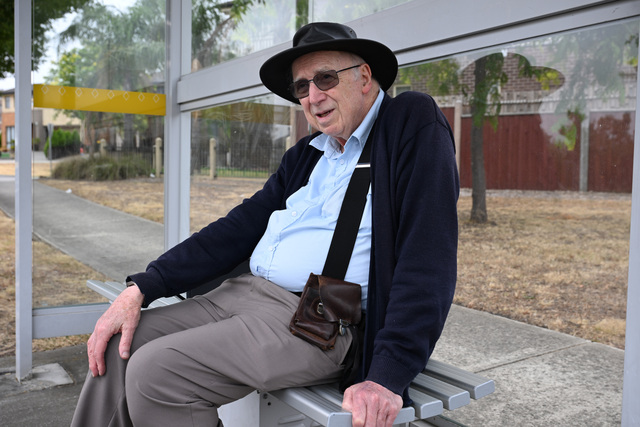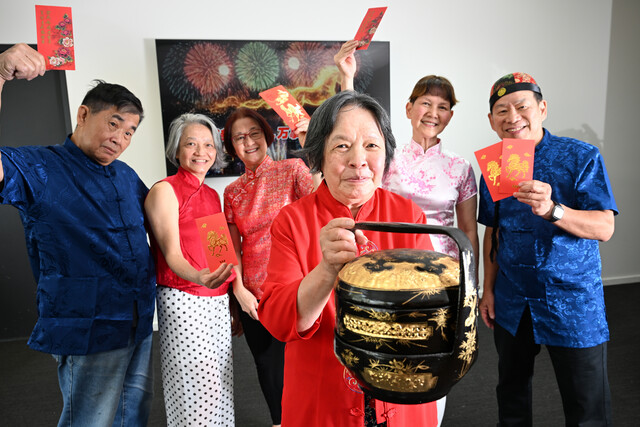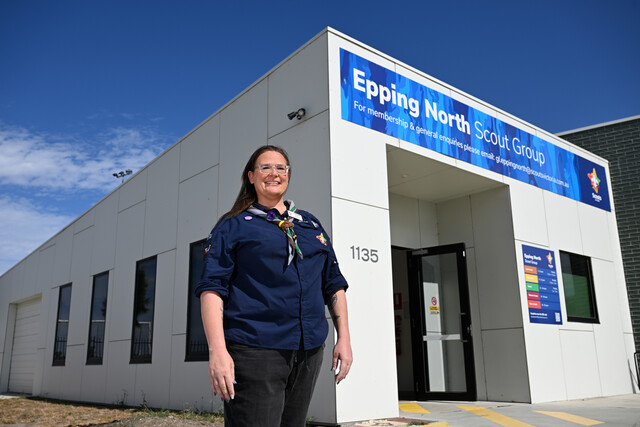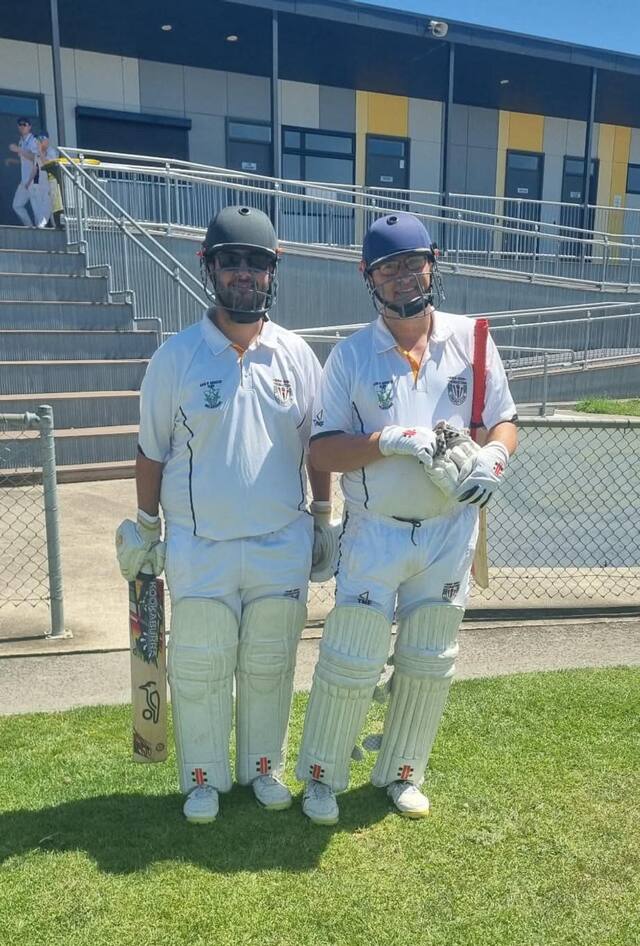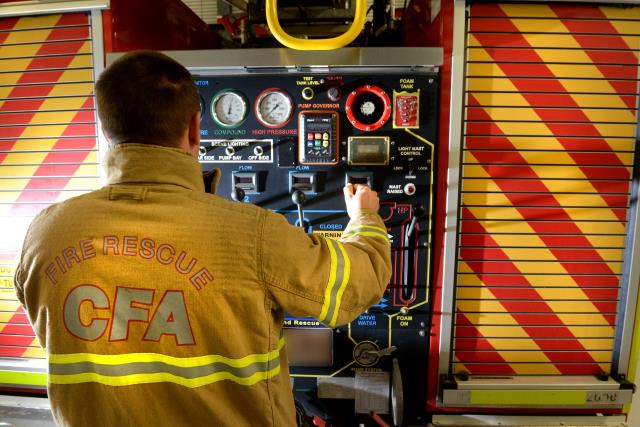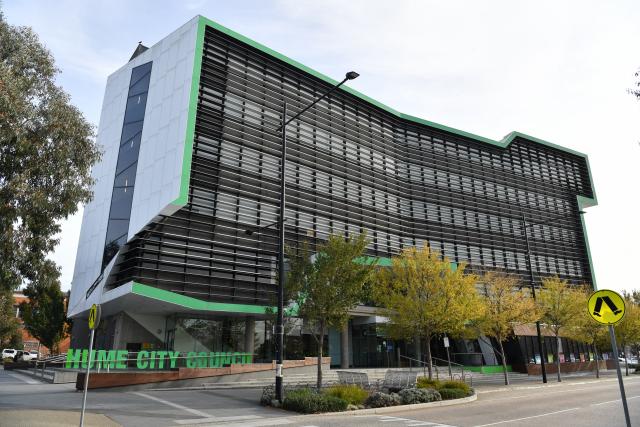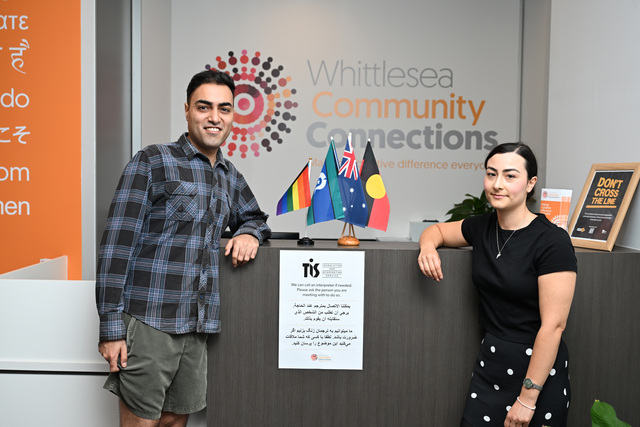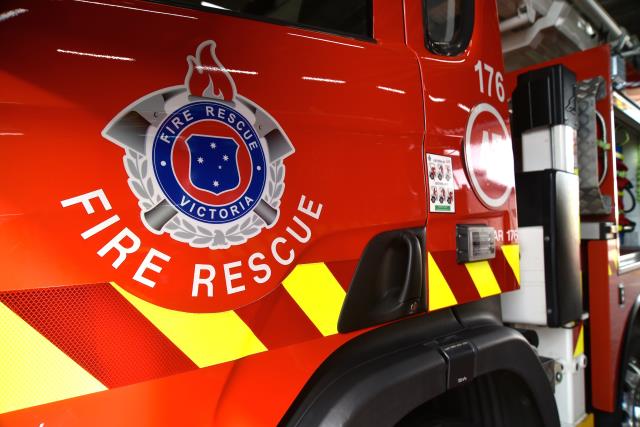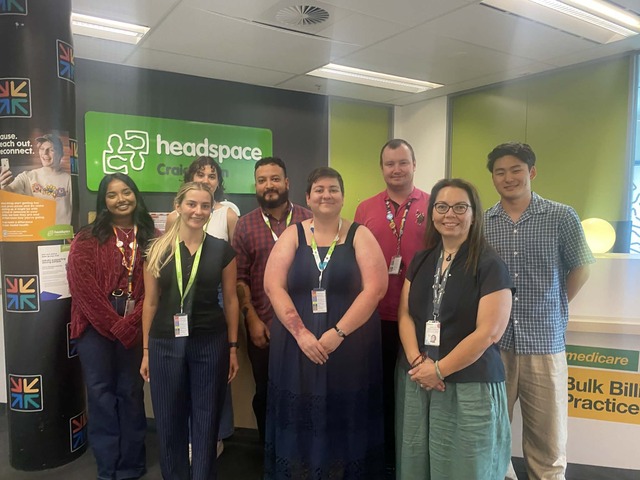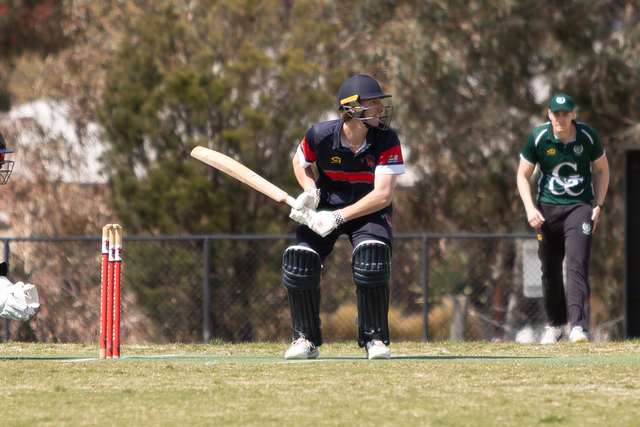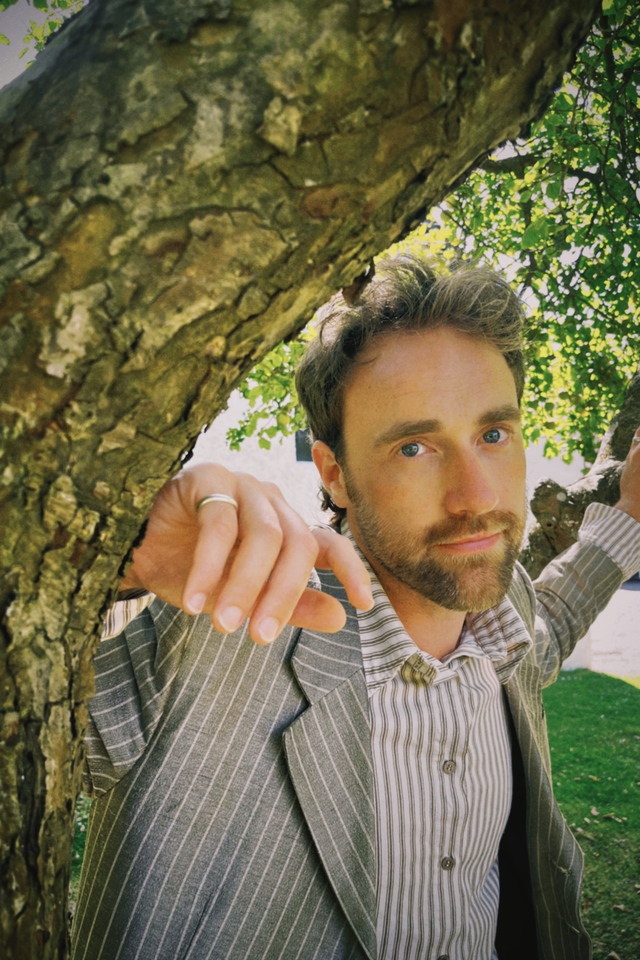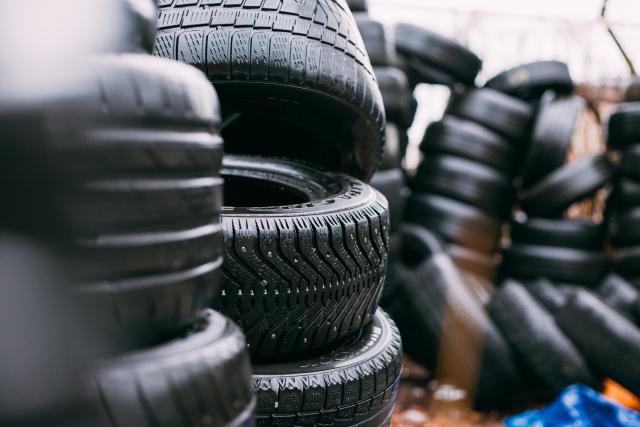Making yourself understood is the single greatest challenge for many migrants resettling in Melbourne’s north – the critical difference between remaining an outsider and being included.
Howraa Faiz and Oryana Ibraheem left Iraq with their families at the height of the war in 2004, headed for Syria. There, the long wait for refugee status began.
Howraa’s father came to Australia first, by boat via Indonesia, while Oryana’s family waited in Syria to be granted visas. They have both been here for about two years.
While she was given lots of information about life in Australia before she arrived, Oryana said she was surprised that her functional English was not as good as she thought.
Howraa faced a similar struggle.
“Before I arrived in Australia I thought I understood English, but when we arrived at the airport I had to ask my mother what language people were speaking,” Howraa said.
“I did not understand anyone. One time we were waiting in the emergency room for hours and hours and we did not know what was going on because no one could talk to us.”
Conveying the powerlessness of such a situation to almost 100 nurses, doctors, social workers and volunteers at Northern Hospital’s Asylum Seeker Study Day last month struck a chord with the health practitioners.
The two Kangan Institute students are this week working with the same people putting their new-found interpretation skills to the test.
Kangan’s Vocational education assistant manager Pauline Morrow said the institute’s adult migrant education program had empowered many people to carve out a future for themselves in Australia by developing their English skills, the courses being specifically designed to prepare new migrants for work.
“The English for women course helps women connect with others across the community, which, in turn, affects the way their families connect and settle,” Ms Morrow said.
» Kangan Institute’s English for women course is now accepting applications. Contact the language studies department on 9279 2446.



